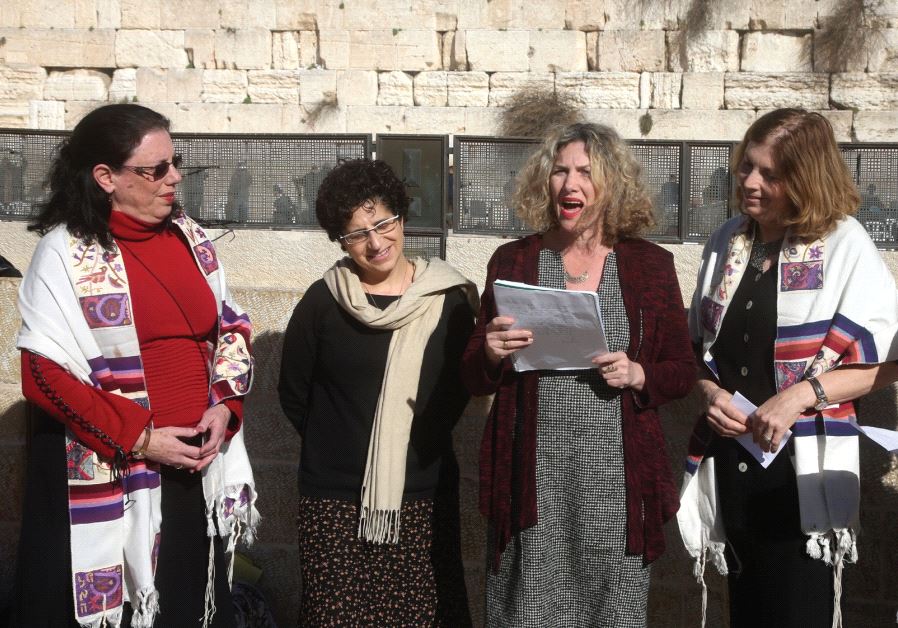Three Ladies, Three Lattes: Wall squall
Secular Pam, modern Orthodox Tzippi and haredi Danit answer your questions on percolating issues in Israel’s complicated social and religious fabric.
 Members of Women at the Wall at the Kotel(photo credit: MARC ISRAEL SELLEM)ByTHREE LADIES, THREE LATTESUpdated:
Members of Women at the Wall at the Kotel(photo credit: MARC ISRAEL SELLEM)ByTHREE LADIES, THREE LATTESUpdated: